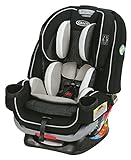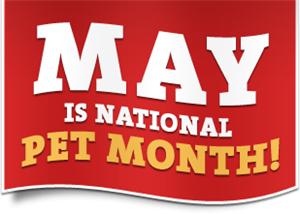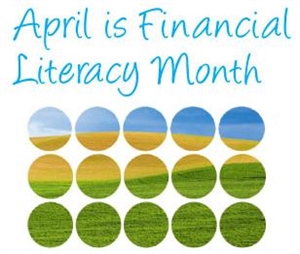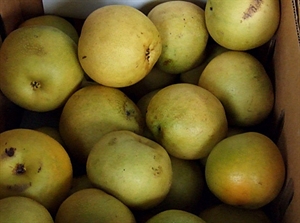Month of the Young Child on April, 2024: 20 month old not talking, second child. Cause for concern?
April, 2024 is Month of the Young Child 2024.
As an Amazon Associate I earn from qualifying purchases.
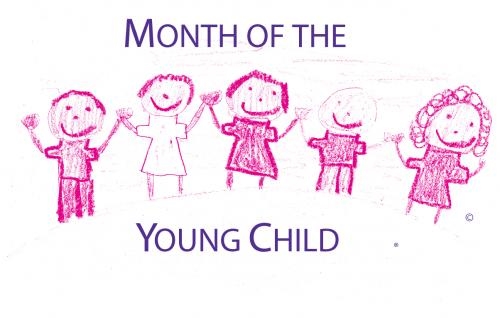
For most children, language explodes around the time they reach their second birthday or a few months before. Patricia McAleer Hamaguchi, author of Childhood Speech, Language and Listening Problems: What Every Parent Should Know, explains that children spend the first two years of their life absorbing information from the world around them. At 2, they're ready to participate in a more active way. "Their brains and muscles have matured to the point where they can start expressing desires and opinions by talking," she says.
Without help, a late talker is likely to show his frustration through more-frequent-than-usual tantrums or other unproductive behavior, such as grunting and grumbling. It's crucial to get these kids communicating in some way. Although allowing a child to use hand gestures (baby ASL) as a form of communication was once frowned upon, many experts now feel that it can bridge the gap between baby babble and big-kid sentences. If your child can imitate drinking from a cup to tell you he wants juice, he'll begin to understand that he can ask for things and get them. In general, if your 2-year-old can say fewer than 20 words and has not started to combine them yet, you should talk to your pediatrician. The first thing she'll do is make a thorough evaluation of your child's hearing. The problem could be as simple as residual middle-ear fluid that lingers after a cold or ear infection has cleared up. With fluid-filled ears, your child can't hear speech clearly, even though he can hear relatively soft sounds. Your doctor may suggest antibiotics or ear tubes if the condition is chronic. If she diagnoses a more serious hearing or speech problem, she'll send you to an audiologist; ask about speech therapy if your pediatrician doesn't bring it up herself.
But your doctor may suspect that your child is simply a bit slower to develop than other 2-year-olds. In this case, she'll probably want to wait six months to a year to see if further intervention is necessary. In the meantime, there are things you can do at home to help nudge along language development, says Shelley Velleman, Ph.D., an assistant professor of communications disorders at the University of Massachusetts at Amherst. Even if your child is seeing a speech therapist, exercises at home can work wonders. Here are some common causes of minor speech delays and what you can do about them.
Underdeveloped Mouth Muscles
If your child prefers very soft food, drops food out of his mouth when he eats, drools, breathes through his mouth, or is difficult to understand, he may need exercises to help strengthen his lip and mouth muscles.
Blowing: Bubbles are great, but you can also try blowing feathers across the floor or colored water across white paper. Noisemakers, such as whistles, kazoos, and harmonicas, are a lot of fun too.
Sucking Straws: Keep your child's lips around the last half inch of the straw and encourage him to purse his lips as much as possible. Let him try to suck spaghetti or Jell-O cubes.
Humming: Any exercise that brings the lips together develops muscle strength. As an alternative, have your child hold a potato chip between her lips and count before taking a bite. Work up to heavier foods, like a saltine or a graham cracker.
Sometimes the mouth muscles themselves are fine, but the child has trouble figuring out how to get them to work together. "It's similar to a clumsy person who trips a lot," says Dr. Velleman. "The child's lips, tongue, and jaw need to learn how to operate in conjunction with one another."
Verbal Routines: Sing favorite songs and recite poems. This lets your child practice saying words that she doesn't have to think of first.
Sound Games: Imitating animals is one fun way to help your child with troublesome sounds. You can hiss like a snake if he has trouble with s's. If your child stumbles over p and g sounds, blow bubbles and say "Pop!" each time a bubble disappears, or push cars and shout, "Go! Go! Go!" Remember to play at his eye level so he can see your lips and mouth. And avoid overcorrecting. "We're less concerned about perfect articulation at this age," says Hamaguchi. The most important thing is for your child to try to communicate with you.
Does your child seem not to understand complex requests, or not hear at all if there's noise in the background? "The trick is to help kids pay attention to sounds and words," says Dr. Velleman. Read to your child often; choose books that she knows well. As you read, leave off a word for her to fill in. Try changing words to something silly so that your child starts listening carefully for unexpected sounds, like a pig saying, "Boink, boink."
No matter what the cause of your child's speech delay, encourage him to expand simple sentences by a word or two as he learns new words. If he says, "Mmm, good" when he eats, you might say to him, "This tastes good" and then, "This tastes good; I like it."
The speech therapist will play lots of interactive games with him during their weekly sessions and will encourage you to do similar exercises at home.
What are the typical warning signs of a speech, hearing, or other developmental delay in a 24- to 36-month-old? William Coleman, M.D., of the Center for Development and Learning at the University of North Carolina, in Chapel Hill, suggests that you see your pediatrician if your child:
-isn't combining words into short phrases
-articulates so poorly that you can't understand him more than half the time
-does not interact or play with other children
-is unable to understand or answer simple questions
-doesn't recognize or label common objects
Some parents are afraid they'll stigmatize their child by seeking help too soon, but they don't realize that the earlier they do it, the better.

Things to do with young children during the winter months?
You should be well versed on the physical and psychological needs of the children. The activities should be age appropriate and should cater to their growth and development.
how about painting and drawing or singing nursery rhymes...keep them busy....just search ownadaycare on the net. They have tons of articles that can help you with childcare.
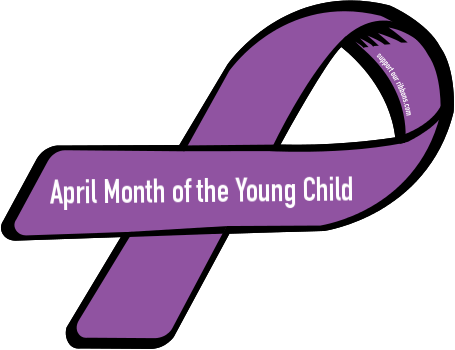
If you have young children do you think its safe to holiday in Portugal.?
We spent 2 months in Portugal with our 3 small children, and we found it to be not only safe, but also, the Portuguese are extremely tolerant of children. On several occasions, our youngest who is 2, would make a fuss over something, and right away, people would come over and talk to him, try to play, etc... With that said, you can not EVER leave your child alone for even a minute!!! Not just there, but anywhere. Our world, unfortunately has become this way, and we as parents must show all those predators out there that we will not allow them to get our children! Portugal is such a lovely country, so full of history and there are so many child-friendly sites to visit.






